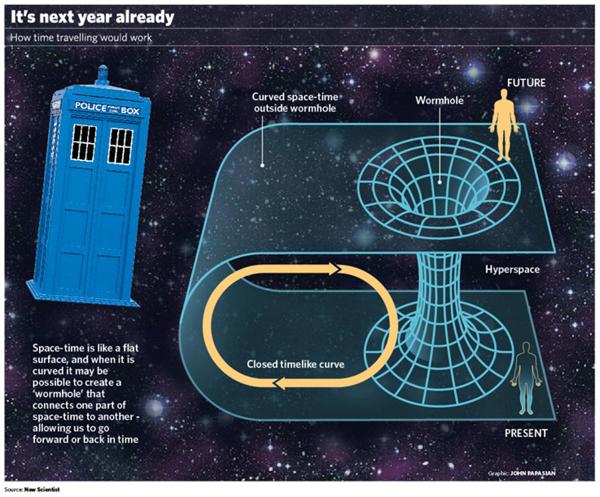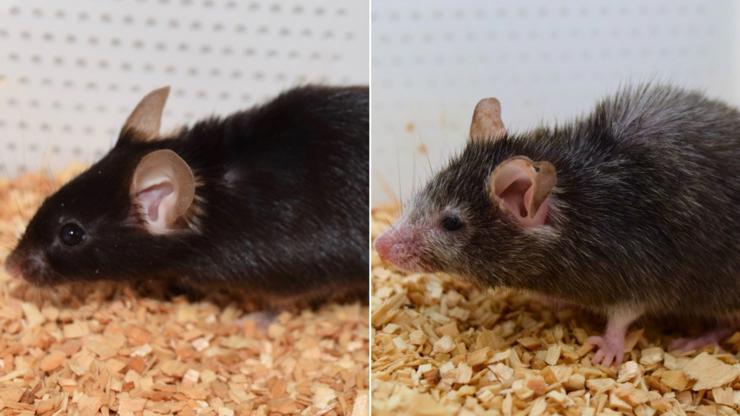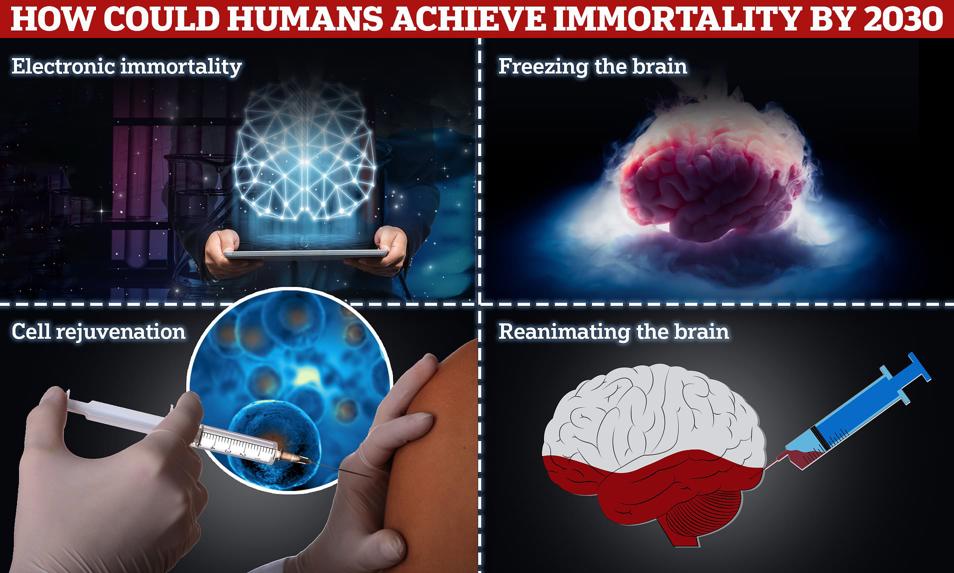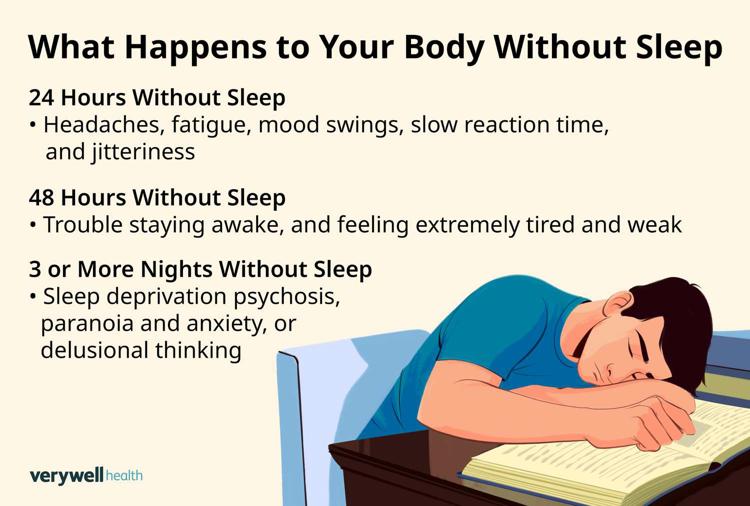Can We Reverse Aging Through Science?
Exploring the Science Behind Reversing Aging
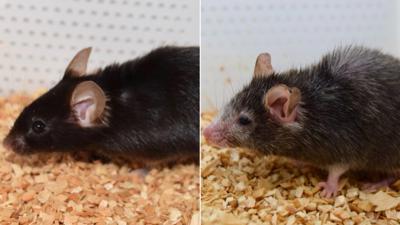
Frequently Asked Questions
Yes, certain diets and nutritional interventions, like caloric restriction, have shown promising effects on lifespan and health span by reducing oxidative stress and inflammation.
Senolytics are drugs designed to target and eliminate senescent cells, which accumulate with age and can contribute to age-related diseases. By removing these cells, senolytics may improve overall tissue function and extend health span.
Step by Step Guide
1
Understanding the Aging Process
To explore reversing aging, we need to understand aging itself. Aging is a complex biological process involving genetic, environmental, and lifestyle factors that lead to a decline in physiological functions over time. Key theories include the damage accumulation theory, telomere shortening, and cellular senescence.
2
Discovery of Telomeres and Their Role
Telomeres are protective caps at the ends of chromosomes that shorten as cells divide. When they become too short, cells can no longer divide and begin to age. Research has focused on how to preserve or extend telomeres, potentially delaying aging.
3
Stem Cell Research
Stem cells have the ability to develop into different cell types and can help in regeneration. Scientists are studying how to harness stem cells to repair aging tissues and organs, exploring their potential to reverse signs of aging.
4
Genetic Alteration Techniques
Recent advances in genetic technologies, such as CRISPR, allow for targeted alterations in genes associated with aging. Researchers are investigating whether modifying specific genes can lead to increased lifespan and improved health.
5
Nutritional Interventions
Certain diets, like caloric restriction, are being studied for their potential to extend lifespan. Nutrients like antioxidants and compounds found in foods such as resveratrol (in red wine) are explored for their effects on aging and longevity.
6
The Role of Senolytics
Senolytics are drugs that selectively induce death of senescent cells, which accumulate with age and contribute to aging-related decline. Researchers are assessing their impact on health span and potential to rejuvenate aged tissues.
7
The Impact of Exercise
Regular physical activity is known to have numerous health benefits and can improve biological age markers. Studies show that certain types of exercise may help maintain muscle mass, cardiovascular health, and cognitive function.
8
Role of Sleep and Stress Management
Quality sleep and effective stress management techniques, such as mindfulness and meditation, are crucial in keeping the body and mind healthy, potentially mitigating some impacts of aging.
9
The Future of Anti-Aging Therapies
Researchers are working on combining these approaches for a multi-faceted therapy that could address multiple aspects of aging. Continuing advancements in biotechnology and medicine hold promise for future developments.
10
Ethical Considerations
As science progresses towards reversing aging, ethical implications arise. Discussions focus on access to anti-aging therapies, societal impacts of extended lifespan, and the definition of aging itself.



